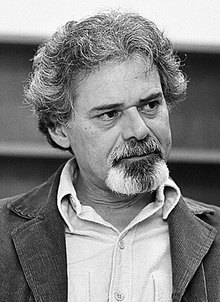A Quote by James Mackintosh
Praise is the symbol which represents sympathy, and which the mind insensibly substitutes for its recollection and language.
Quote Topics
Related Quotes
When a writer receives praise or blame, when he arouses sympathy or is ridiculed, when he is loved or rejected, it is not on the strength of his thoughts and dreams as a whole, but only of that infinitesimal part which has been able to make its way through the narrow channel of language and the equally narrow channel of the reader's understanding.
Our entire being is fashioned as an instrument of praise. Just as a master violin maker designs an instrument to produce maximum aesthetic results, so God tailor-made our bodies, souls and spirits to work together in consonance to produce pleasing expressions of praise and worship. When we use body language to express praise, that which is internal becomes visible.

































